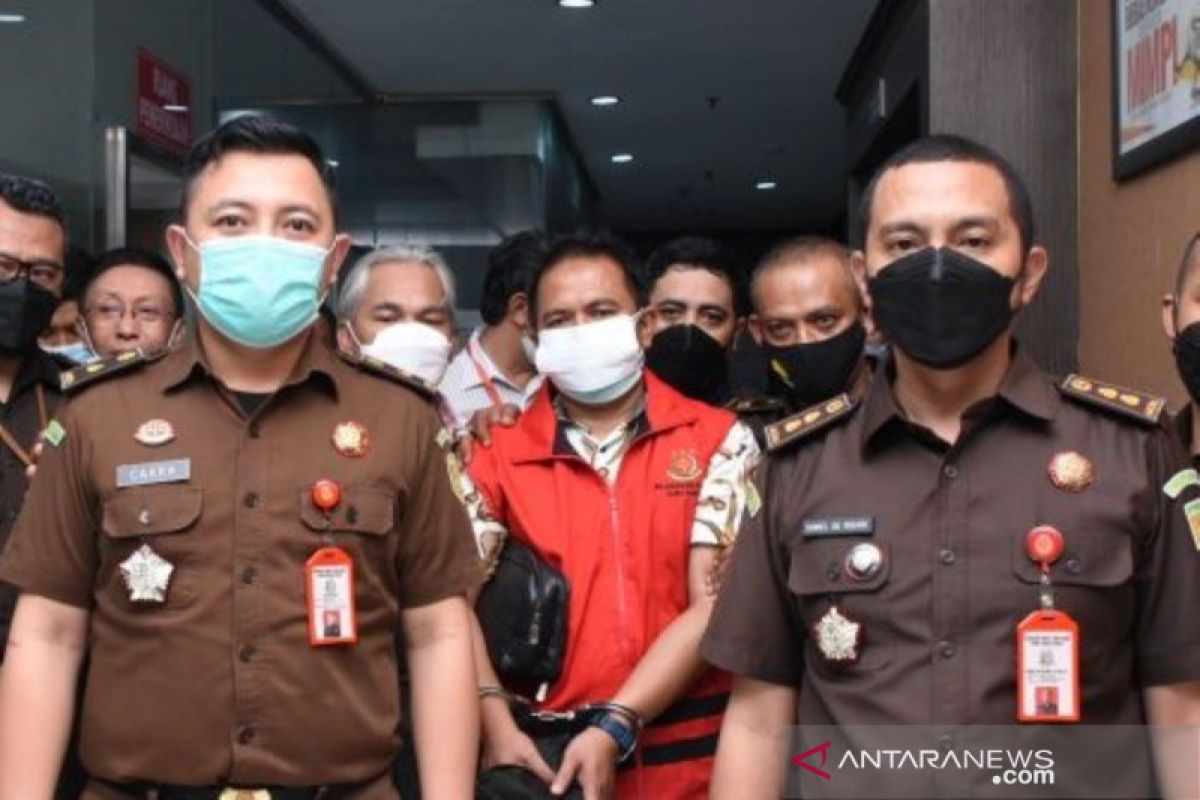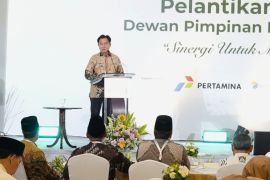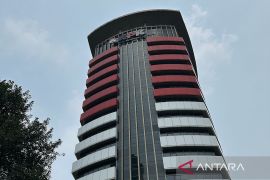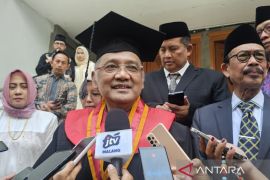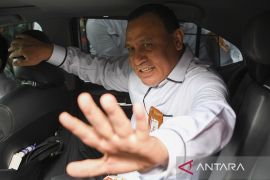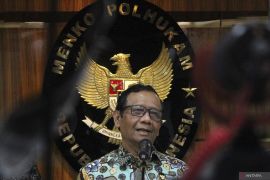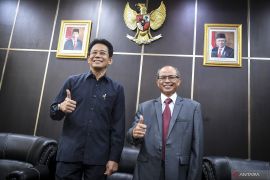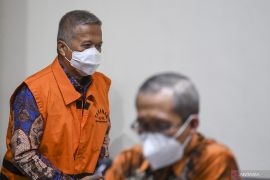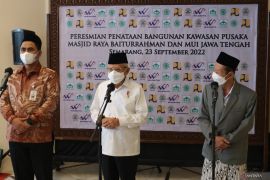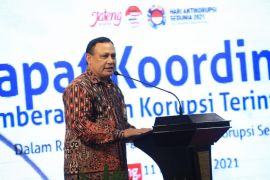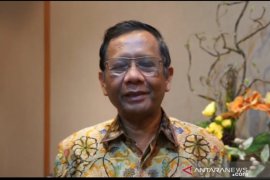The office has uncovered a number of corruption cases in government agencies and state-owned enterprises, which have also involved several private players, too.
One of the graft cases was allegedly masterminded by two former officials of PT Pos Finansial (Posfin), a subsidiary of the state-owned postal company, PT Pos Indonesia.
The loss of state money due to the case, which the agency has been investigating since April 2021, has been pegged at around Rp 52 billion, it informed.
West Java Higher Prosecutor's Office investigations have also led it to uncover corrupt practices in the Indramayu district government, where a number of officials ranging from heads of departments to heads of divisions are suspected of jointly seeking profit from the development and arrangement of green open space (RTH).
Based out of Naripan Street, Bandung, West Java, the office began to actively arrest corrupt officials after receiving instructions to recover state losses as far as possible.
Professional and proportional
Head of West Java Higher Prosecutor's Office Asep N Mulyana said, in investigating and handling corruption cases, the office does not have a quantitative target because law enforcement needs to be carried out professionally and proportionally.
According to him, the task of being a prosecutor is a mandate from the state and the community, so on the field, law enforcement must be carried out proportionally starting from public reports and the prosecutor's findings.
"We only act professionally and proportionally, in addition to pursuing perpetrators, either individuals or corporations," Mulyana said on Wednesday.
The professionalism of the prosecutor's office can be measured and proven by the cases being handled and the effects in the future, he added.
So, in investigating a case, it does not only ask for individual accountability but also that of institutions and corporations, he said.
"Because the role of corporations is important to provide a barrier to deviant actions that may cause corruption," he explained.
In addition, he also said that his agency has been assigned the task of arresting fugitives. He emphasized that this was also done to ensure the legal status of a case.
"We advise them that there is no safe and comfortable place for criminals," Mulyana emphasized.
Maximize prevention
To eradicate corruption, the state apparatus must not only react after a case arises. Therefore, the prevention of corrupt practices is very important to be nurtured from an early age from upstream to downstream, he added.
According to Mulyana, his office is offering legal counseling programs to a number of schools, Islamic boarding schools, government agencies, and State-Owned Enterprises (SOEs). He assured that they are being carried out continuously and in a coordinated manner, and are not partial.
"We provide a kind of educational information for students and we also talk about the importance of good corporate governance," Mulyana informed.
The counseling is not only limited to lectures but is also being carried out with assistance to realize good management in an effort to limit the scope for the slightest corrupt practice, he added.
"We combine all aspects of law enforcement, both preventive, educative, and repressive," Mulyana remarked.
In addition, according to him, intelligence agents play an important in preventing corruption cases. The agents are focusing on preventing corruption in a number of national strategic projects in West Java, he informed.
Intelligence agents from the prosecutor's office are quite proactive in providing information related to these projects, he said adding they are qualified for working in the field.
"And we ensure that we also oversee national projects, so there are no obstacles in the projects," he informed.
Self-reflection
In addition, to eradicate corrupt practices, the prosecutor's office is also trying to self-reflect, in order to plug loopholes that allow corrupt practices within the agency itself.
The effort to eradicate corruption is not only about corruption involving money, but also corruption in a broader sense.
There are still many aspects of management at the West Java Kejati that need to be fixed because professional management can also support the eradication of corrupt practices in institutions, Mulyana said.
"We have a lot to improve, we have a lot to fix, both personal aspects, institutional aspects, and work culture," he added.
Mulyana said he is also currently mapping the human resources needed to balance the workload at the District Prosecutor Office for each region.
"For example, if there is another District Prosecutor Office with many employees, and there is an employees shortage in other areas, then the employees will be transferred to the needed area," he informed.
In addition, Mulyana is also encouraging each prosecutor office to manage evidence arrangement properly. So if people come to the office, they can access their belongings that were previously detained as evidence.
"In Tasikmalaya, there is a kind of one-stop service. When people come, they can quickly take their stuff at no charge. We also prepare snacks for them," Mulyana informed.
In addition, digital attendance for employees and prosecutors at the office is also being innovated to eradicate time corruption, he said. The digital attendance is connected to the central office so that it can be monitored in real-time, he disclosed.
"So, this starts with us, how we carry out discipline, this is also good for government agencies, state-owned companies, and other stakeholders. We want to improve this good culture," Mulyana remarked.
Related news: KPK open to collaborate with IM57+ Institute
Related news: No doubt cast over ex-KPK officers' anti-corruption commitment: Police
Related news: NTT Prosecutor's Office saves Rp17.3 billion from alleged corruption
Translator: Bagus Ahmad, Resinta S
Editor: Sri Haryati
Copyright © ANTARA 2021
